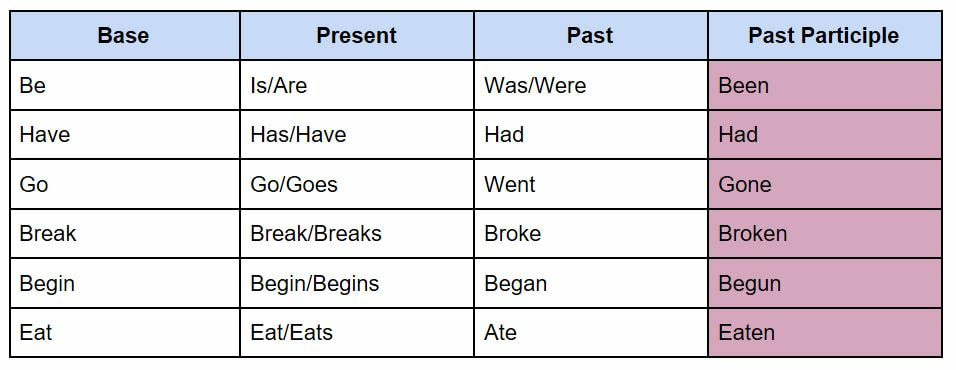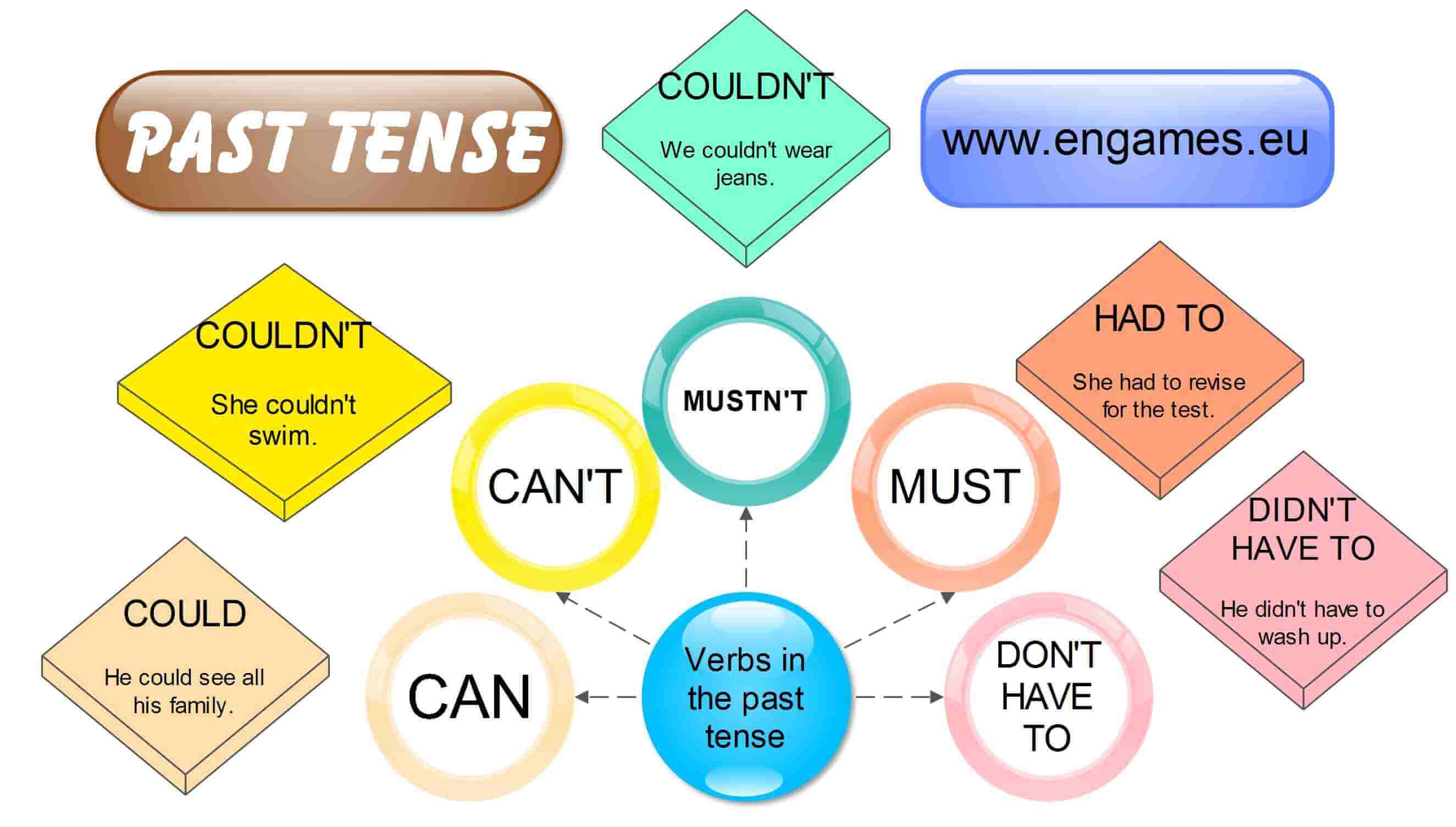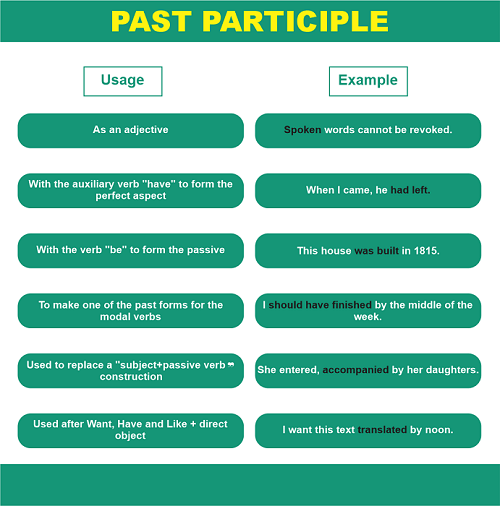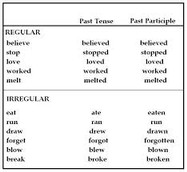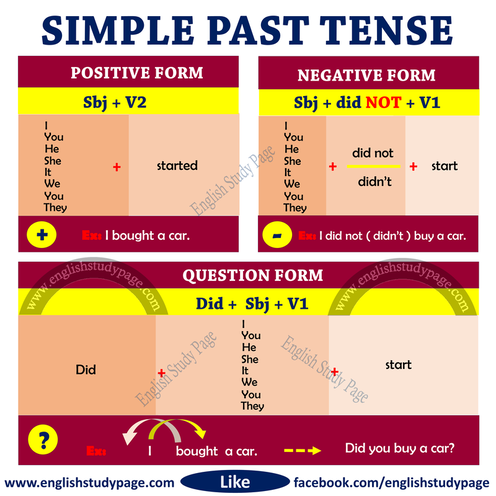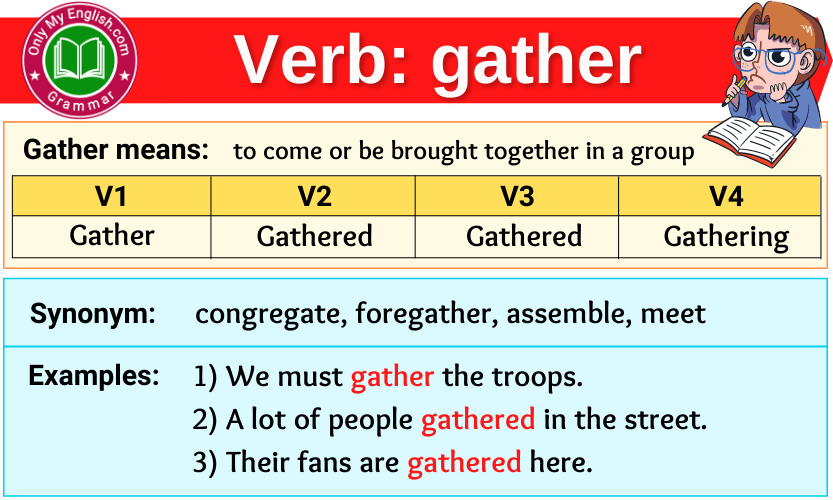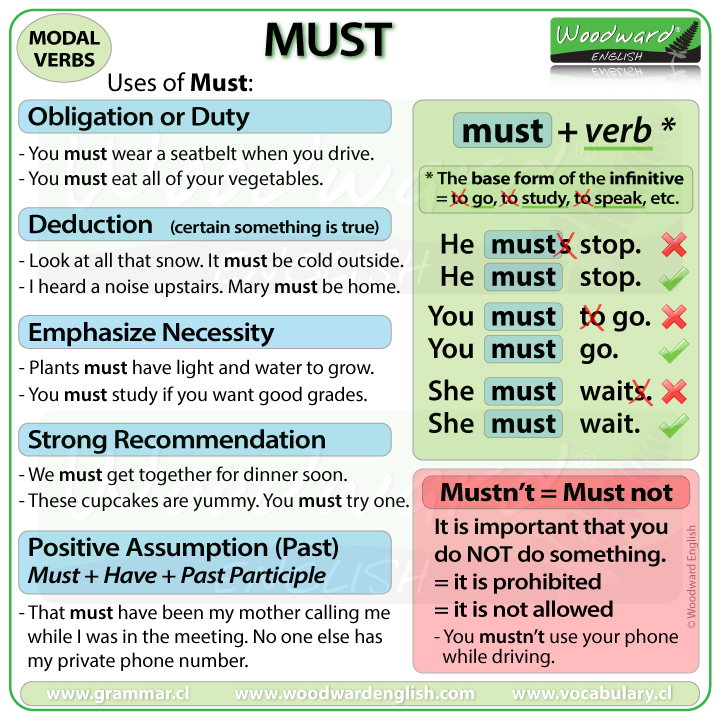
Danny Bate on Twitter: "The English modal verb 'must' lacks a past tense form. We say 'had to' instead. This is because 'must' was once itself a past tense form - of
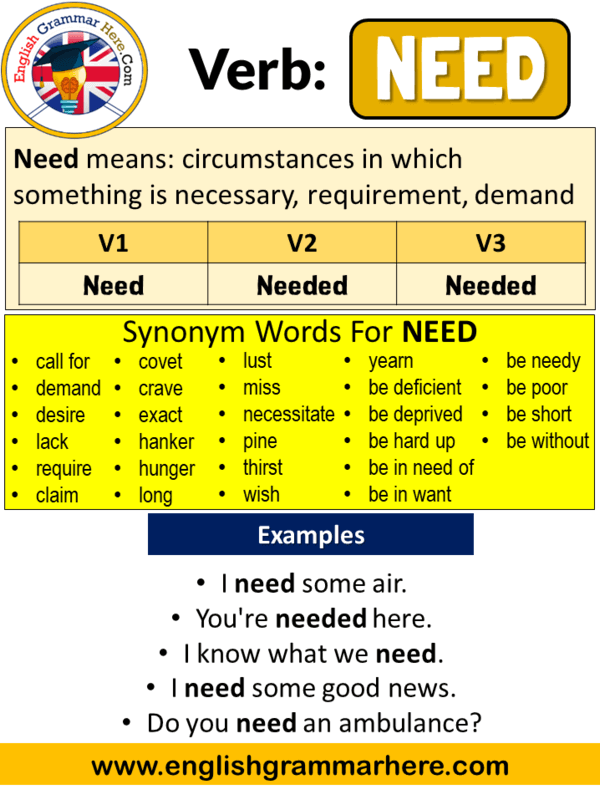
Need Past Simple, Simple Past Tense of Need Past Participle, V1 V2 V3 Form Of Need - English Grammar Here

Learn English - Modal verbs are different to other types of verbs. They don't have an infinitive or a past tense. They have no “-ing” form so cannot be used as a

Past Tense Of Simplify, Past Participle Form of Simplify, Simplify Simplified V1 V2 V3 - Lessons For English

Learn English Online? - Modal Verbs of Speculation and Deduction –in the Past We use must + have + past participle when we are 90% certain that something was true. Ex: She

MODAL VERBS CHARACTERISTICS They are auxiliary verbs. To form the negative we add not. They have the same form for all the persons. They are followed by. - ppt download

